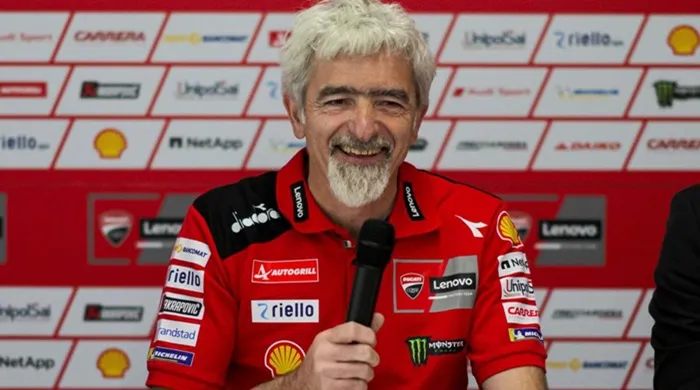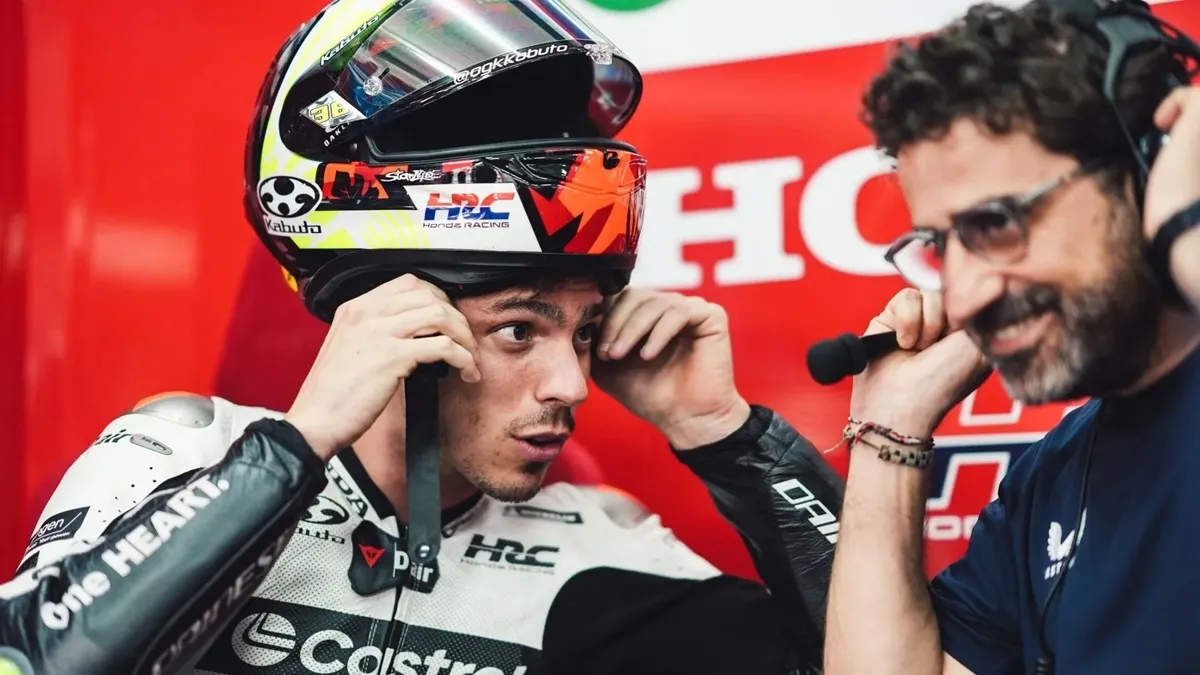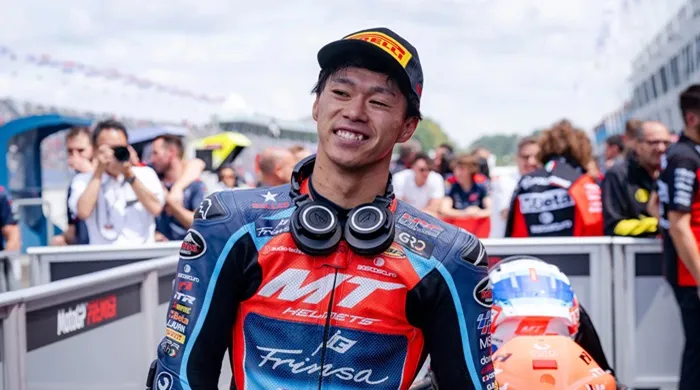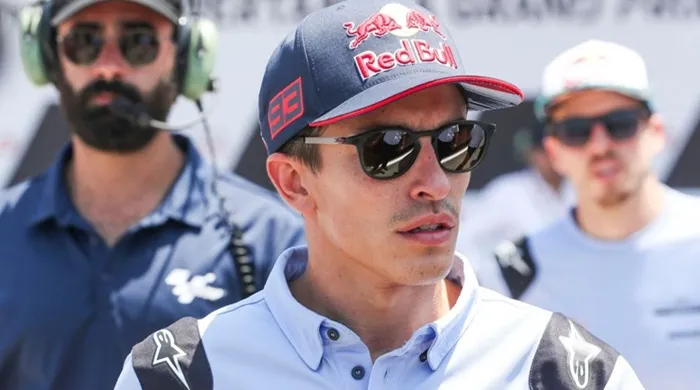
Monster Yamaha technical director Max Bartolini has outlined why maximising rear tyre performance is now key to success in MotoGP.
As with any motorsport featuring different front and rear tyre specifications or sizes, either front or rear grip will emerge as more dominant.
In the previous Bridgestone tyre era, from 2009 to 2015, the front was the ‘strongest’. However, that bias switched comprehensively to the rear when Michelin arrived in 2016.
While it might seem logical for MotoGP designers to focus on raising the performance of the ‘weaker’ tyre to aid lap and race times, Bartolini explained that exploiting the stronger tyre is more important.
“Normally, of the two tyres [front or rear], you always work on the strongest of the tyres,” the Italian, who officially joined Yamaha’s project from Ducati a year ago, told Crash.net.
“For Bridgestone, the strongest was the front tyre. The rear basically stayed almost constant for the race, never really dropping [in performance].
“Then, if you remember in 2016, when we started with Michelin, the rear was very strong [but the] front was very difficult to manage. A lot of crashes [at the first test].
“Then Michelin did a great job because the front now is much, much, much better than at the beginning.
“But the rear is still very, very strong so this is why the riders talk a lot about rear grip.
“Whoever is able to use 100% of the rear grip, can be faster.”
Another myth that Bartolini was quick to extinguish is that ‘rear grip’ only matters under acceleration.
“Each corner has a braking, entry, corner speed and acceleration phase,” he said.
“Entry and carrying [corner] speed is more difficult than acceleration.
“[And] if you don't make entry and corner speed, you will never make acceleration.”
Improving rear tyre performance is one of the reasons why Yamaha - without a podium finish during 2024 - is developing a V4 engine project alongside its established Inline4 powerplant.



